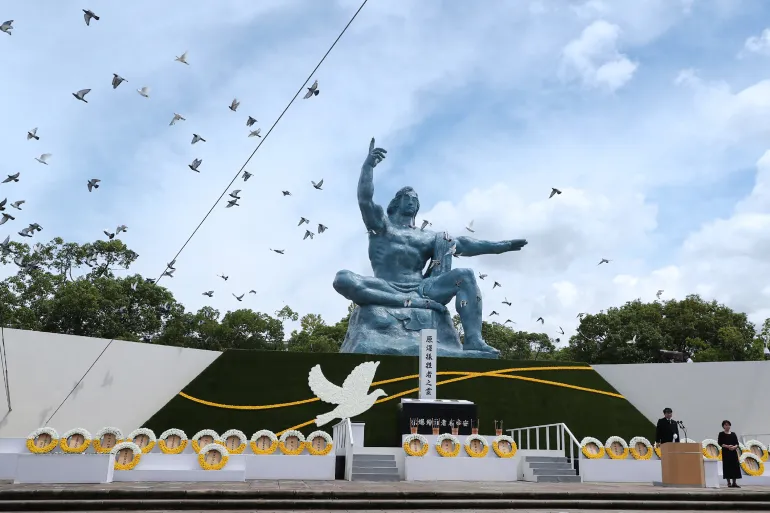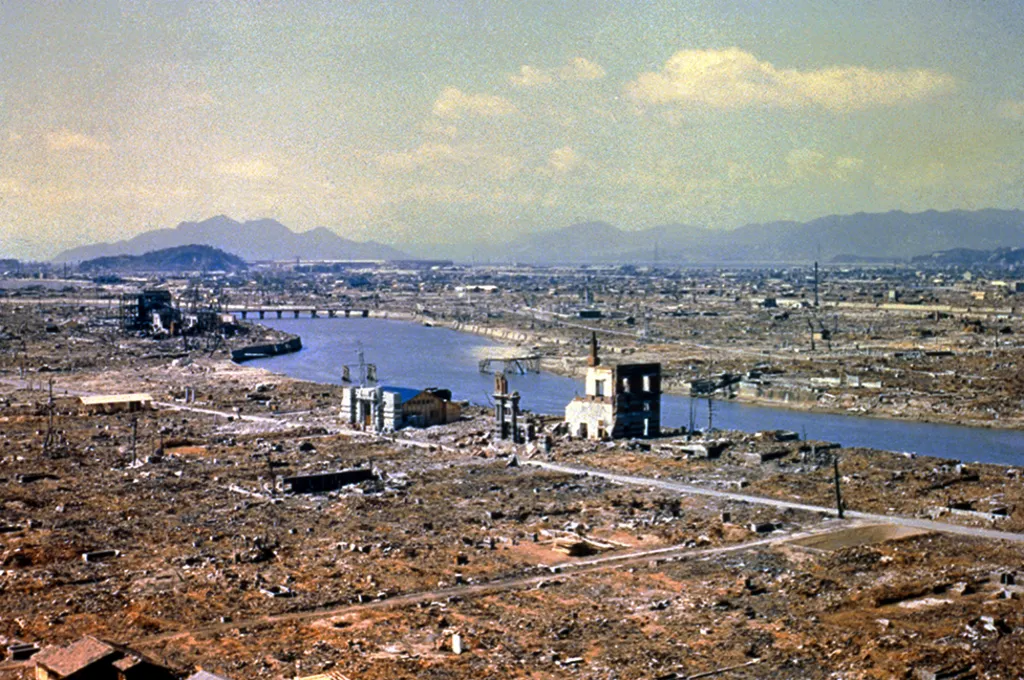
Ambassadors from several Western nations, including the United States, United Kingdom, and others, have decided not to attend the 79th anniversary of the atomic bombing of Nagasaki due to the exclusion of Israel from the event.
The decision has sparked diplomatic tensions, with several nations expressing their discontent over Israel's exclusion, which they argue politicizes the commemoration.
The controversy emerged after Nagasaki Mayor Shiro Suzuki decided not to invite Israel to the ceremony, citing security concerns. Despite the mayor's assertion that the decision was not politically motivated, the move has been met with strong objections from Western diplomats.
Ambassadors from the U.S., U.K., Canada, France, Germany, Italy, and the EU sent a letter warning that Israel's exclusion would complicate their participation in the event.
The atomic bomb dropped on Nagasaki on Aug. 9, 1945, resulted in approximately 74,000 deaths. This year's ceremony at Nagasaki Peace Park will include diplomats from over 100 countries, who will observe a minute of silence in memory of the victims. However, the absence of Western ambassadors due to the Israel issue casts a shadow over the event's intended message of peace.

The U.S. Ambassador to Japan Rahm Emanuel, U.K. Ambassador Julia Longbottom, and other Western envoys have confirmed they will not attend the Nagasaki ceremony.
Emanuel criticized the decision, stating it politicized the event and announced he would instead attend a peace ceremony at Zojoji Temple in Tokyo.
Ambassadors from Germany, Italy, and other Western nations have also pulled out of the Nagasaki event, with the U.K. embassy explicitly stating that the exclusion of Israel created a "misleading equivalency" with Russia and Belarus, the only other countries not invited this year.
Israel's Ambassador to Japan Gilad Cohen who attended a similar ceremony in Hiroshima earlier this week, expressed disappointment in Nagasaki's decision.
He argued that the exclusion of Israel sends the wrong message globally and accused the Nagasaki mayor of fabricating security concerns to justify the decision.
https://www.turkiyetoday.com/world/hiroshima-governor-indirectly-criticizes-israel-during-anniversary-36968
Mayor Suzuki has defended his decision, insisting that it was driven solely by security concerns and was not a political statement.
He expressed regret over the Western envoys' decision to withdraw from the event but maintained that the ceremony must proceed without disruptions to ensure a peaceful and solemn atmosphere.
Japan's Chief Cabinet Secretary Yoshimasa Hayashi supported this stance, indicating that while the central government advises on international matters, local authorities have the final say on event decisions.